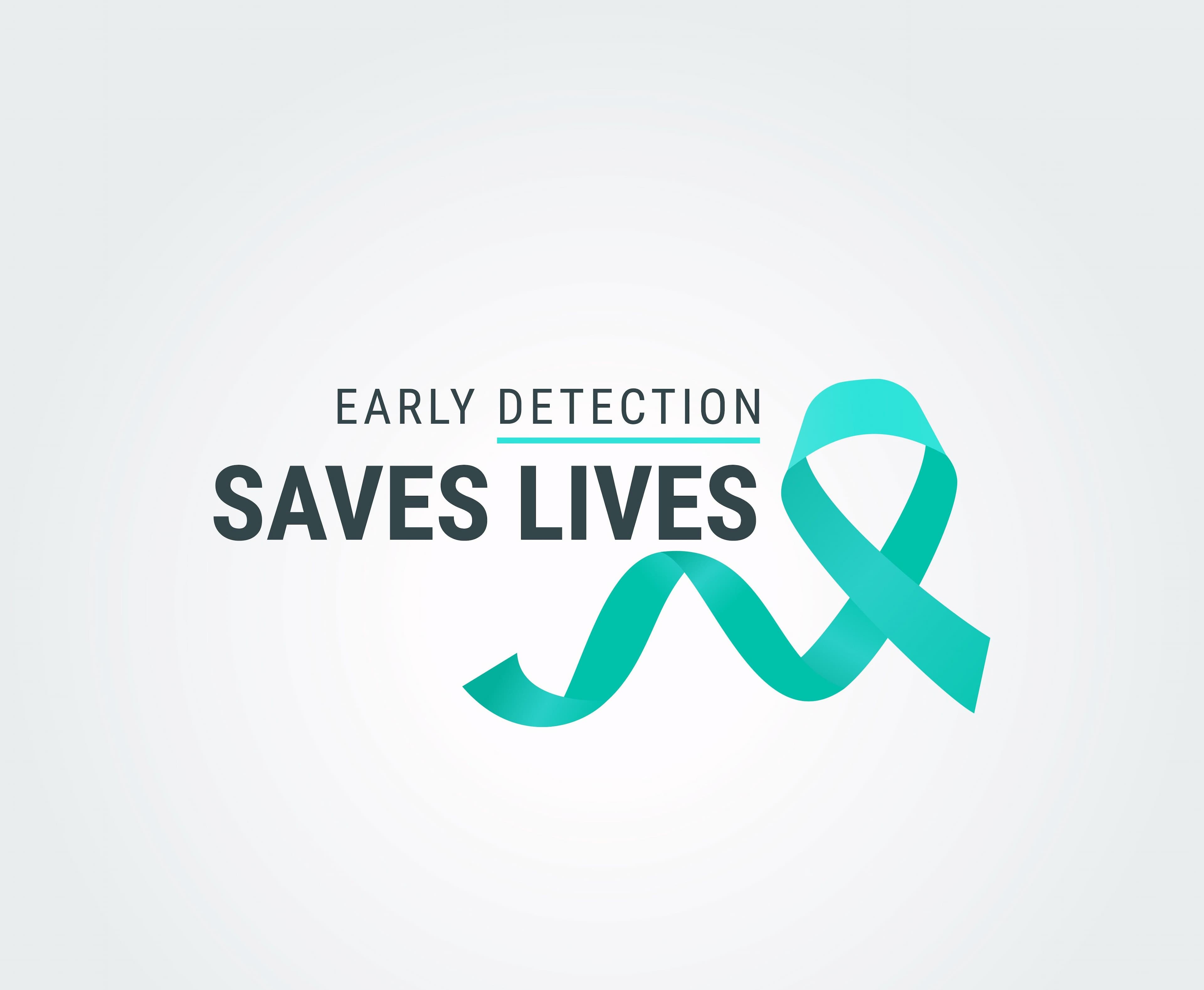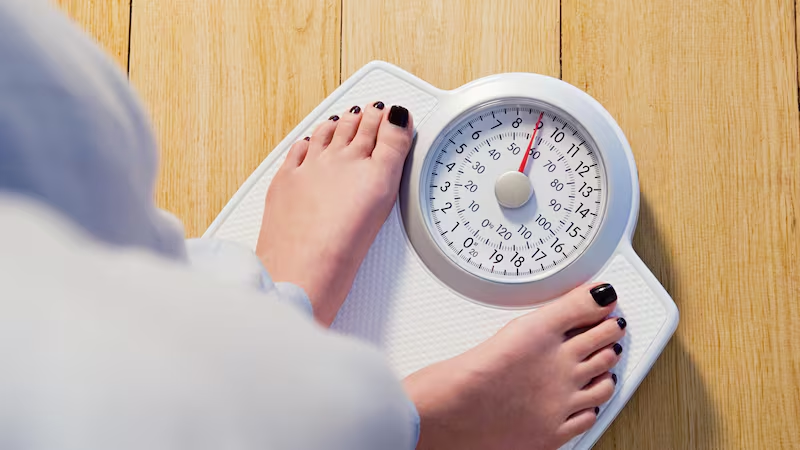
Asthma, allergy cases rise in UAE as dust and heat grip the nation
Asthma, allergy cases rise in UAE as dust and heat grip the nation
Doctors advise residents to stay hydrated, limit outdoor exposure
With dusty conditions across the UAE and summer heat peaking, hospitals are reporting a rise in patients suffering from respiratory and heat-related illnesses. Emergency rooms are reportedly busier with more cases of asthma attacks, allergic reactions, eye irritation, fainting, dehydration and chest discomfort.
Doctors are urging residents to take extra precautions, especially for children, the elderly, and those with chronic health conditions.
Rise in respiratory symptoms
“We typically see more patients presenting with coughing, wheezing, shortness of breath, and throat irritation during dusty weather,” said Dr Vishnu Chaitanya Swaroopa Sura, Specialist, Internal Medicine at Medeor Hospital, Dubai.
“Individuals with pre-existing conditions like asthma, chronic obstructive pulmonary disease, and chronic sinusitis are particularly vulnerable during these windy, dust-filled periods,” Dr Sura said.
First-time respiratory cases rising
Dr Igbal Mubarak Sirag, Specialist, Internal Medicine at NMC Royal Hospital, Mohammed Bin Zayed City in Abu Dhabi, noted that people with no prior respiratory history are coming in with sinus congestion, allergic rhinitis, and breathing difficulty.
“The heat combined with airborne particles makes breathing more difficult for many individuals.”
Dr Sirag noted that while dust particles don’t directly cause infections, they can aggravate existing respiratory conditions and lower local immunity in the airways.
“This can increase susceptibility to bacterial or viral infections. Dust particles may also carry allergens or irritants that inflame the respiratory tract, creating a more favourable environment for infections to take hold,” Dr Sirag said.
Meanwhile, Dr Sura noted that individuals already suffering from colds or flu may notice a worsening of their symptoms during such weather.
Protective measures to take
Doctors recommend these practical tips to minimise health risks:
Stay indoors during dust storms and peak heat hours (11am–4pm),
Use air purifiers and keep windows shut,
Wear light, breathable clothing and a hat when outdoors,
Take breaks if working outside and rest in shaded or cooler areas,
Wear masks and protective eyewear when going out,
Shower and change clothes after returning indoors,
Drink plenty of water and avoid caffeine or alcohol,
Avoid outdoor exercise; opt for indoor, air-conditioned environments.
Additional advice for high-risk groups
For individuals with asthma, COPD, or sinus problems:
Remain indoors as much as possible,
Take maintenance medications regularly,
Carry rescue inhalers at all times,
Rinse nasal passages with saline,
Keep vaccinations (influenza and pneumococcal) up to date,
For parents of children with respiratory issues:
Avoid outdoor play during dusty conditions,
Ensure consistent use of prescribed medications,
Maintain clean, dust-free bedrooms,
Educate children on early symptoms and emergency plans
When to seek urgent medical help
Seek immediate care if you notice:
Breathing difficulties not relieved by medication,
Severe coughing fits or chest tightness,
High fever with shortness of breath,
Bluish lips, confusion, or fainting,
Muscle cramps, dizziness, or no sweating despite heat.
“These could indicate respiratory failure, dehydration, or even heatstroke, especially dangerous in children and older adults,” doctors added.
Read more at:







